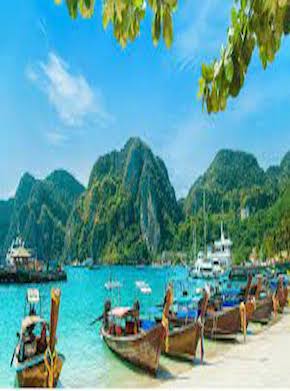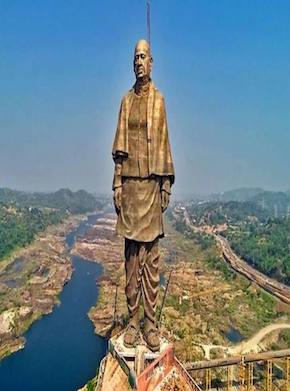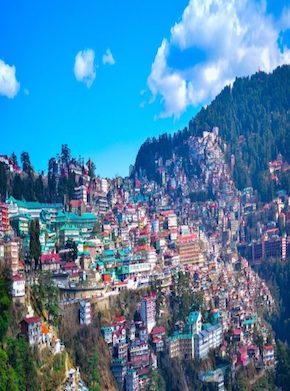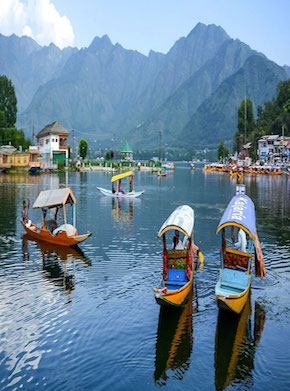Trip Types
Trip Types

Andaman Tour
Andaman Tour
There is indeed no lack to try to go within the Andaman and Nicobar Islands of adventure sports. There are many things to try to do here to make the trip fun and enjoyable. Here is obtainable a mess of adventure activities. skin diving, Snorkeling, Camping, Surfing and Trekking are the most adventure attractions.

Gujarat Tour
Gujarat Tour
Gujarat has all the explanations on this earth to get on each soul bucket list. Culture, heritage and nature mix along to make the western indian, gujarat, home of nature and history. The cultural abode of tourists, the strength of gujarat lies in its diversity and interesting approach of life.

Himachal Tour
Himachal Tour
Himachal Pradesh is a scenic abode to witness the pristine landscapes, an adventure tour lover’s paradise and one of the most popular pilgrimage places in India. A heaven for adventure trip activities seekers, Himachal offers the perfect atmosphere for trekking, mountaineering, skiing, hiking and ice skating.

Kashmir Tour
Kashmir Tour
Kashmir is no less than a magical destination in India due to the scenic views of rolling mountains, gurgling streams, azure lakes, green meadows, and thick forests. This beautiful place in India is therefore a great getaway for family vacationers, couples on honeymoon, as well as travelling with friends.
Our well-designed travel itinerary includes visits to Kashmir’s top tourist locations such as Srinagar, beautiful Sonmarg, stunning Pahalgam, and the lovely Gulmarg.
Jammu & Kashmir has an endless list of the best places to visit, some of which are popular with travellers and some of which have yet to be found. Best places to visit Jammu & Kashmir – Gulmarg, Sonmarg, Pahalgam, Patnitop, Vaishno Devi, Sanasar, Amarmath, Dal Lake, Tarsar Lake, Nigeen Lake, Krishansar Lake, Shalimar Garden, Nishat Garden, Tulip Garden etc.

Nature Walk
Nature Walk
An educational trail (or sometimes educational path), nature trail or nature walk is a specially developed hiking trail or footpath that runs through the countryside, along which there are marked stations or stops next to points of natural, technological or cultural interest. These may convey information about, for example, flora and fauna, soil science, geology, mining, ecology or cultural history. Longer trails, that link more widely spaced natural phenomena or structures together, may be referred to as themed trails or paths.
In order to give a clearer explanation of the objects located at each station, display boards or other exhibits are usually erected, in keeping with the purpose of the trail. These may include: information boards, photographs and pictures, maps or plans, display cases and models, slides, sound or multimedia devices, facilities to enable experimentation and so on. The routes are regularly maintained.
Educational trails with a strong thematic content may also be called “theme paths”, “theme trails” or “theme routes”, or may be specially named after their subject matter, for example the Welsh Mountain Zoo Trail, Anglezarke Woodland Trail, Cheshire Lines Railway Path, Great Harwood Nature Trail, Irwell Sculpture Trail, Salthill Quarry Geology Trail and Wildlife Conservation Trail.

Weekend Trips
Weekend Trips
The workweek and weekend are those complementary parts of the week devoted to labour and rest, respectively. The legal working week (British English), or workweek (American English), is the part of the seven-day week devoted to labour. In most of the Western world, it is Monday to Friday; the weekend is Saturday and Sunday. A weekday or workday is any day of the working week. Other institutions often follow the pattern, such as places of education.
In some Christian traditions, Sunday is the “day of rest and worship”. Jewish Shabbat or Biblical Sabbath lasts from sunset on Friday to the fall of full darkness on Saturday; as a result, the weekend in Israel is observed on Friday–Saturday. Some Muslim-majority countries historically had a Thursday–Friday or Friday–Saturday weekend; however, recently many such countries have shifted from Thursday–Friday to Friday–Saturday, or to Saturday–Sunday.
The Christian Sabbath was just one day each week, but the preceding day (the Jewish Sabbath) came to be taken as a holiday as well in the twentieth century. This shift has been accompanied by a reduction in the total number of hours worked per week, following changes in employer expectations. The present-day concept of the ‘week-end’ first arose in the industrial north of Britain in the early part of nineteenth century and was originally a voluntary arrangement between factory owners and workers allowing Saturday afternoon off from 2pm in agreement that staff would be available for work sober and refreshed on Monday morning. The Amalgamated Clothing Workers of America Union was the first to successfully demand a five-day work week in 1929.
